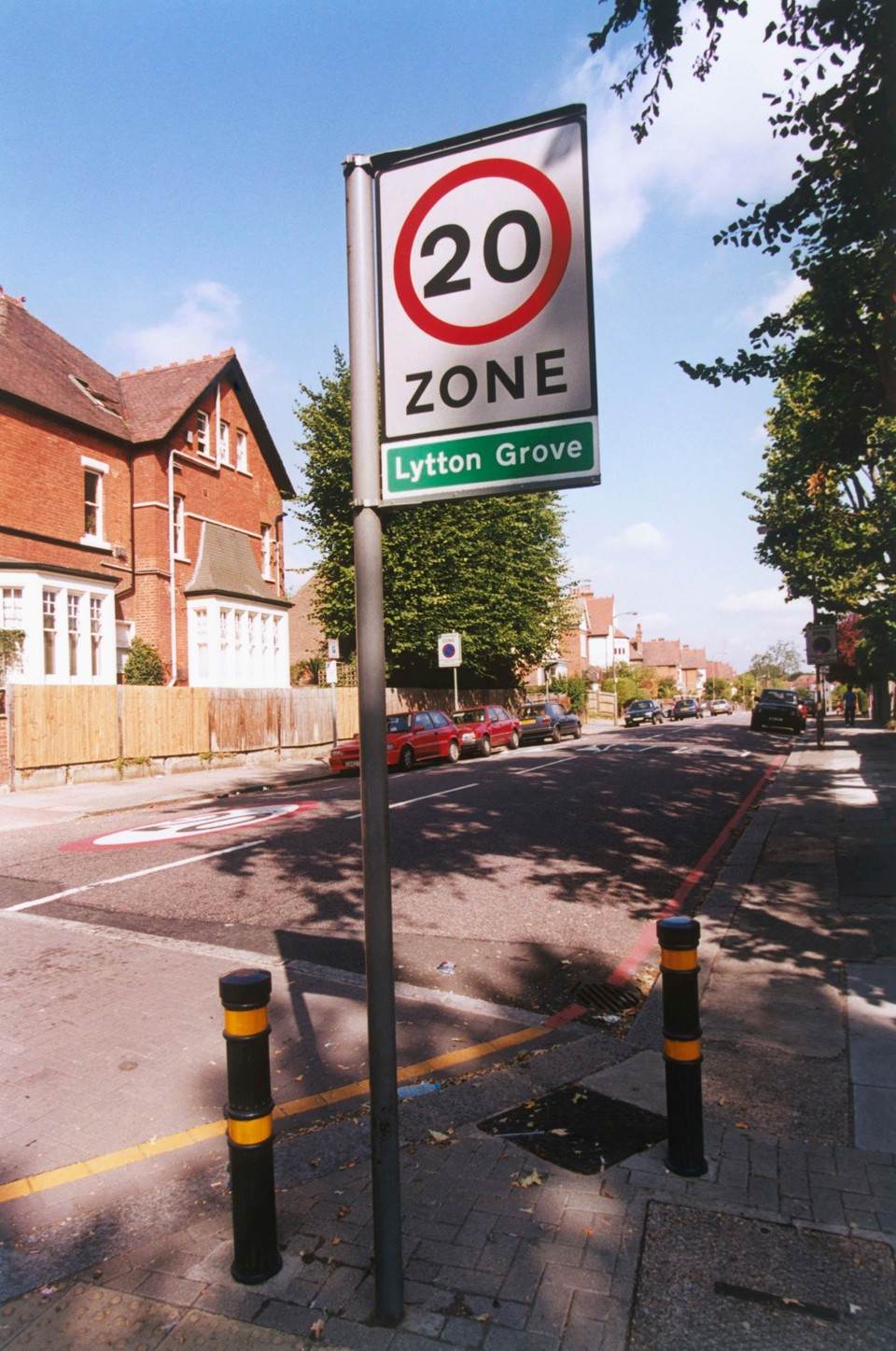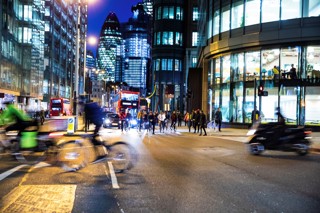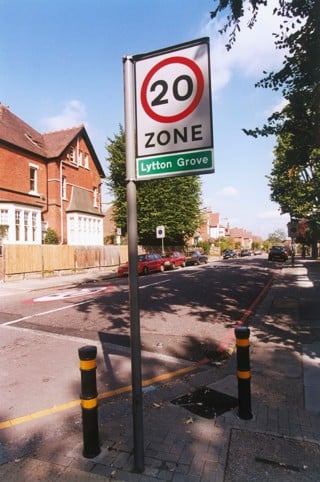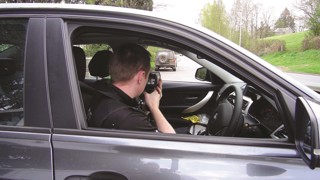The impact of lower speed limits in London on delivery networks may need be taken into account before they are introduced, says GMB London.
Transport for London is proposing to make all of its roads within the congestion charge zone 20mph from next year.
The move is part of the Mayor’s Vision Zero commitment to eliminate death and serious injury on London’s roads.
TfL also plans to raise the height of pedestrian crossings in seven high-risk locations, including near Embankment and Tower Hill underground stations and in areas with a high number of pedestrians.
Steve Garelick, GMB regional organiser, said: “GMB will ask for members involved in transport to look at these proposals as the number of people being killed on London’s streets is unacceptable.
"The statistics clearly show that lower speeds save lives.
“Reducing speed limits in central London, may save lives each year but have to be looked at in tandem with the needs of those reliant on transport for their job or those who are reliant on transport by cars, taxis and light and heavy goods vehicles for deliveries.
"Late night traffic as an example is somewhat different from day time and delivery networks are reliant on timed delivery.
"A suitable balance may be needed however we will listen to our members before responding on their behalf."
The GLA Conservative group feels the new speed limit proposals would be expensive to implement but could have little impact.
Keith Prince, transport spokesman for the GLA Conservatives, said: “These red routes are owned and managed by TfL because they are of huge strategic importance to London.
“Vehicles need to be able to travel smoothly on these roads, but this latest move could lead to the routes becoming even more congested.
“There is no guarantee that this move will reduce harm – evidence from other parts of the country shows that reducing speed limits to 20mph can actually increase the number of deaths and serious injuries.
“That being said, Londoners know that there is next to no chance of being able to travel over 20mph on many these routes.
“It is more than likely that this change will be expensive to implement but have next to no impact.”
Huge public approval for Bristol’s 20mph scheme
Meanwhile, Bristol’s review on the future of its 20mph limits shows huge public approval and cost savings.
Surveys showed that 95% of respondents want 20mph near schools, 74% supported 20mph on residential and 44% on main roads.
Bristol implemented wide area 20mph limits between 2012 and 2015, and a study by BRITE found:
- 94% of surveyed roads had slowed, with a 2.7mph reduction in average speed.
- There was an estimated casualties avoided per year of 4.53 fatalities, 11.3 serious injuries and 159.3 slight injuries.
- Estimated cost savings of more than £15 million per year, which is more than five times greater than the one-off roll-out cost of £2.77m mostly funded by central government.





















The Engineer - 07/06/2019 15:09
With the inevitable risk of fines, the mayor will no doubt deploy even more cameras on every lampost to bring in bumper revenue for even the slightest infraction, I would drive at 10mph to be sure. If we all did that it would probably bring London to collapse. It would actually look comical, like the world in slow motion whilst a Deliveroo bike flies past you.